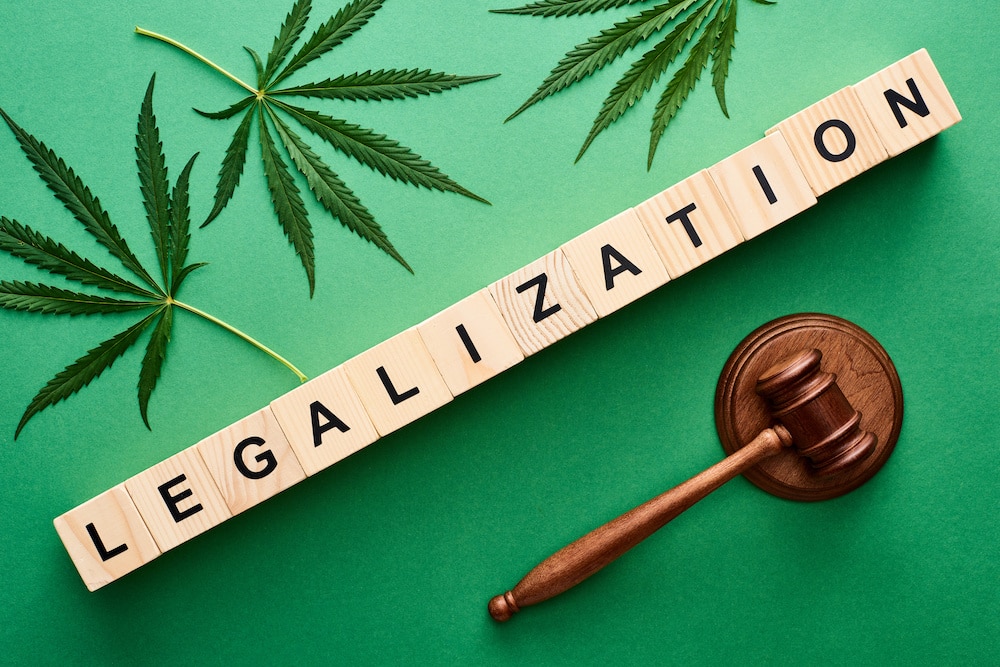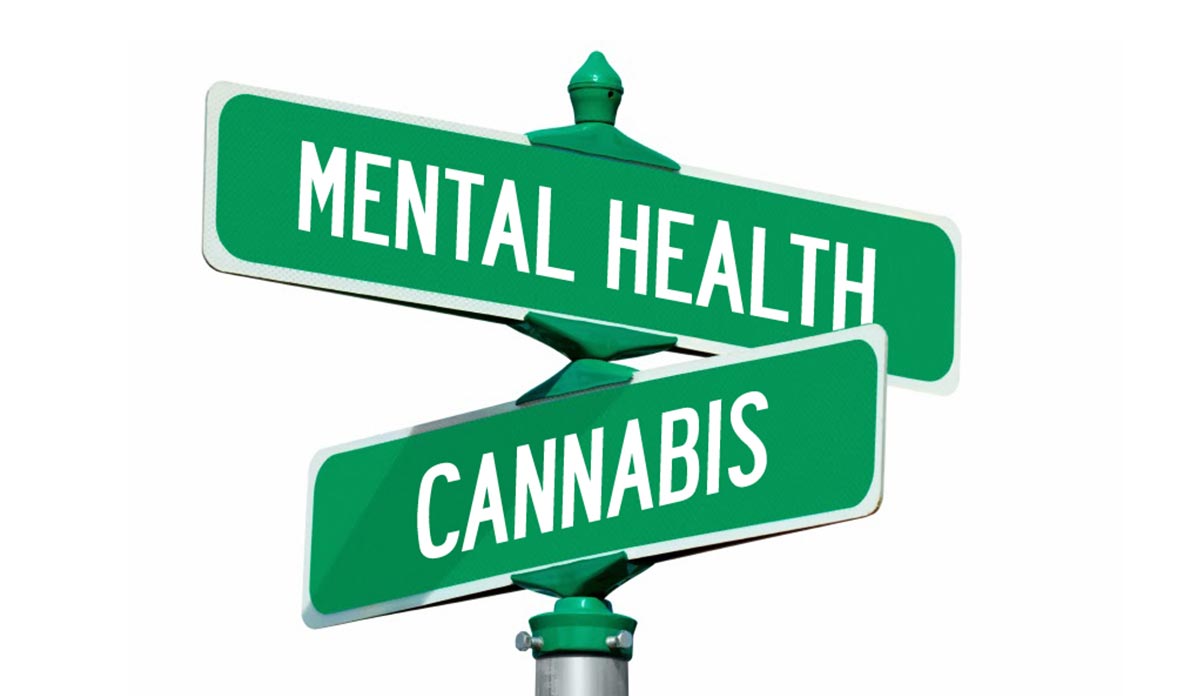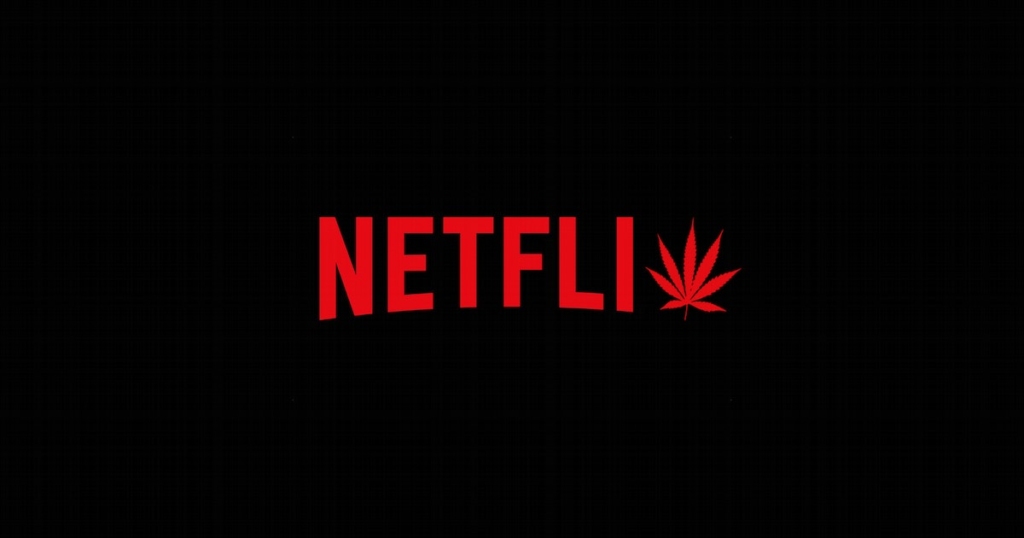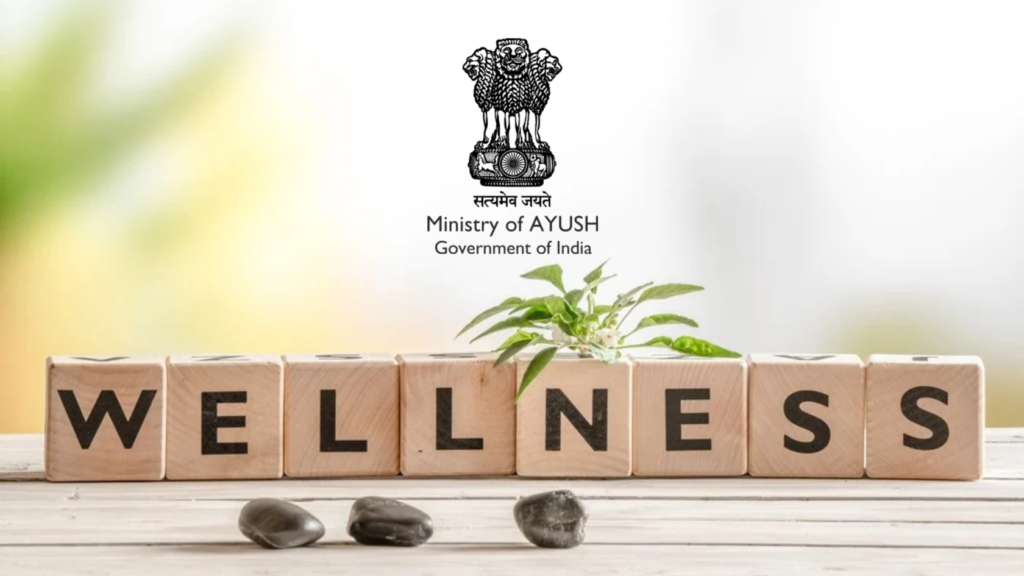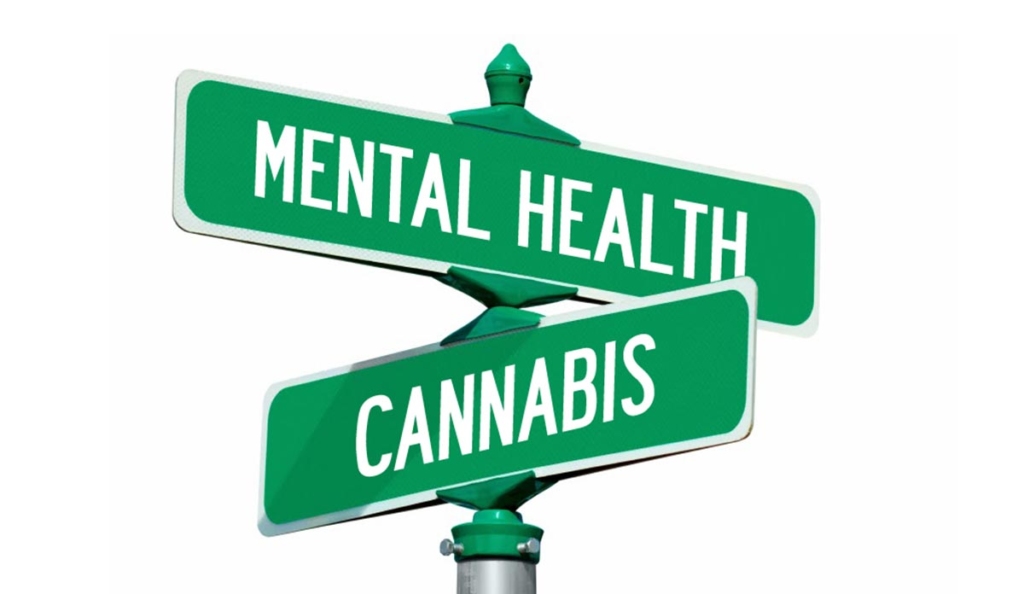
The International Narcotics Control Board (INCB) has raised concerns about the legalization of cannabis for non-medical use in a recent statement. The Board has warned that such developments could undermine the international drug control system and increase drug abuse and related harms.
The INCB has also highlighted the lack of scientific evidence on the long-term effects of cannabis use and the potential risks associated with it. While some countries have taken steps to decriminalize or legalize cannabis, the INCB’s warning underscores the importance of balancing drug policies with the need to prevent drug abuse and related harms.
This blog will explore the INCB’s statement in more detail, emphasizing the ongoing tension between national drug policies and international drug control treaties.
Addressing The Matter
In recent years, several countries, including Canada and Uruguay, have legalized cannabis for recreational use, while others have decriminalized it or allowed its use for medicinal purposes.
The INCB, which is a United Nations body responsible for monitoring the implementation of international drug control treaties, has warned that these developments could undermine the international drug control system and lead to an increase in drug abuse and related harms.
The Single Convention on Narcotic Drugs, which was adopted in 1961, aims to combat the abuse of drugs and ensure their availability for medical and scientific purposes.
The convention categorizes drugs into four schedules based on their potential for abuse and medical use. Cannabis is listed in Schedule I, which includes drugs that have a high potential for abuse, have no recognized medical use, and are particularly dangerous.
The INCB has emphasized that the legalization of cannabis for non-medical purposes is incompatible with the provisions of the Single Convention and could undermine the efforts of countries to prevent drug abuse and related harms.
The Board has also expressed its concern about the lack of scientific evidence on the long-term effects of cannabis use and the potential risks associated with it.
Moreover, the INCB has pointed out that the legal regulation of cannabis for non-medical purposes could lead to a significant increase in drug abuse and related harms, particularly among young people.
It has also warned that the production and distribution of cannabis in a legal market could be exploited by criminal organizations and undermine efforts to combat drug trafficking.
While some proponents of cannabis legalization argue that it can generate revenue for governments and reduce the harms associated with the illicit market, the INCB has stressed that such arguments do not outweigh the potential risks and the need to comply with international drug control treaties.
Conclusion
INCB’s recent statement highlights the ongoing tension between national efforts to reform drug policies and international drug control treaties.
While many countries have taken steps to decriminalize or legalize cannabis, the INCB’s warning underscores the importance of balancing such policies with the need to prevent drug abuse and related harms.
The INCB’s recent statement highlights the tension between national efforts to reform drug policies and international drug control treaties. As the debate on drug policy continues, it is crucial to consider the views of international bodies such as the INCB, which play a crucial role in shaping the global drug control system.
Ultimately, the debate over the legalization of cannabis for non-medical use is complex and multifaceted. It raises questions about the balance between personal freedom and public health, the effectiveness of the international drug control system, and the role of national sovereignty in drug policy.
As countries around the world grapple with this issue, it will be important to consider all of the potential benefits and risks associated with such developments.
What do you think can be done to promote greater collaboration between law enforcement agencies and public health organizations in tackling the issue?
